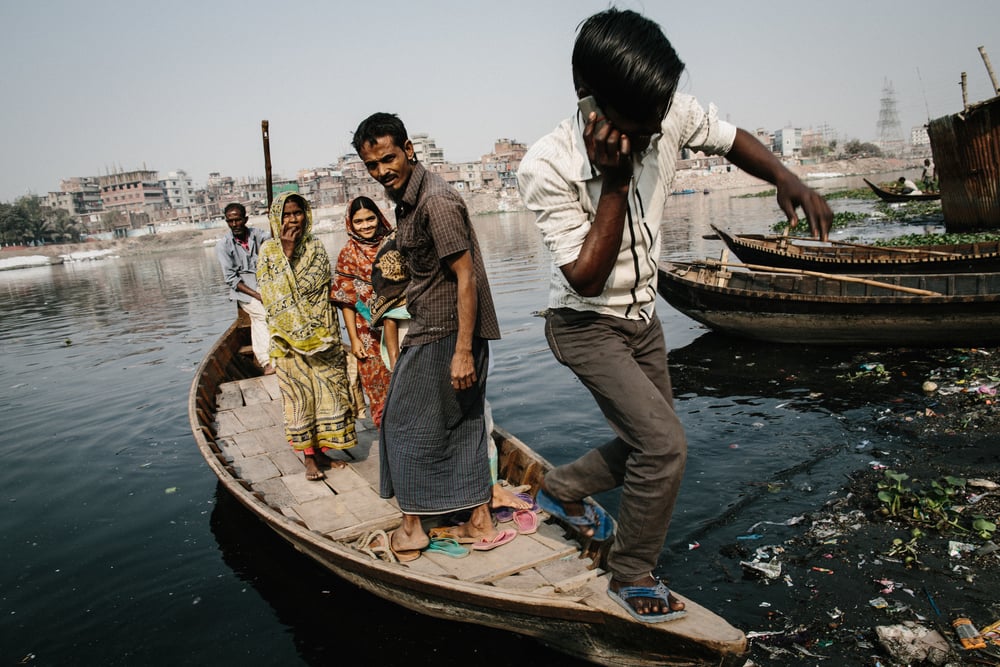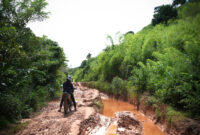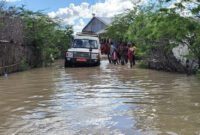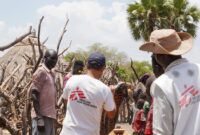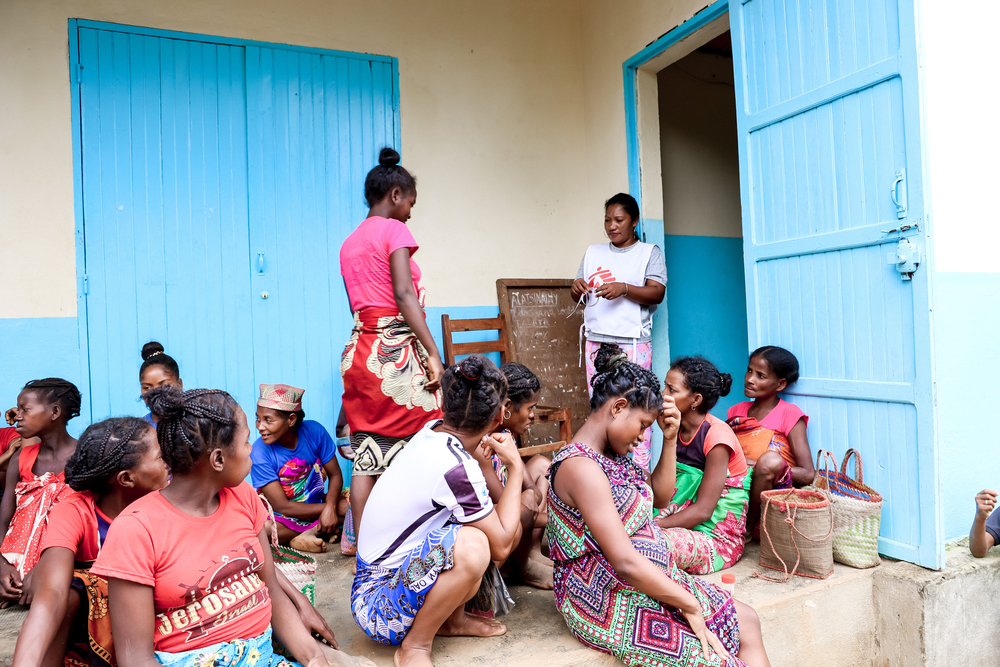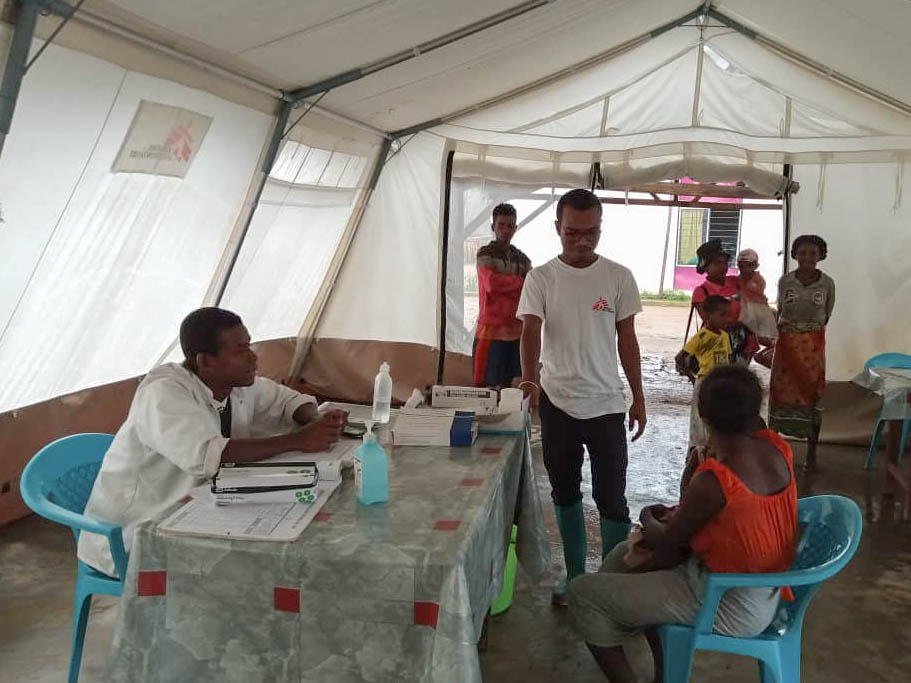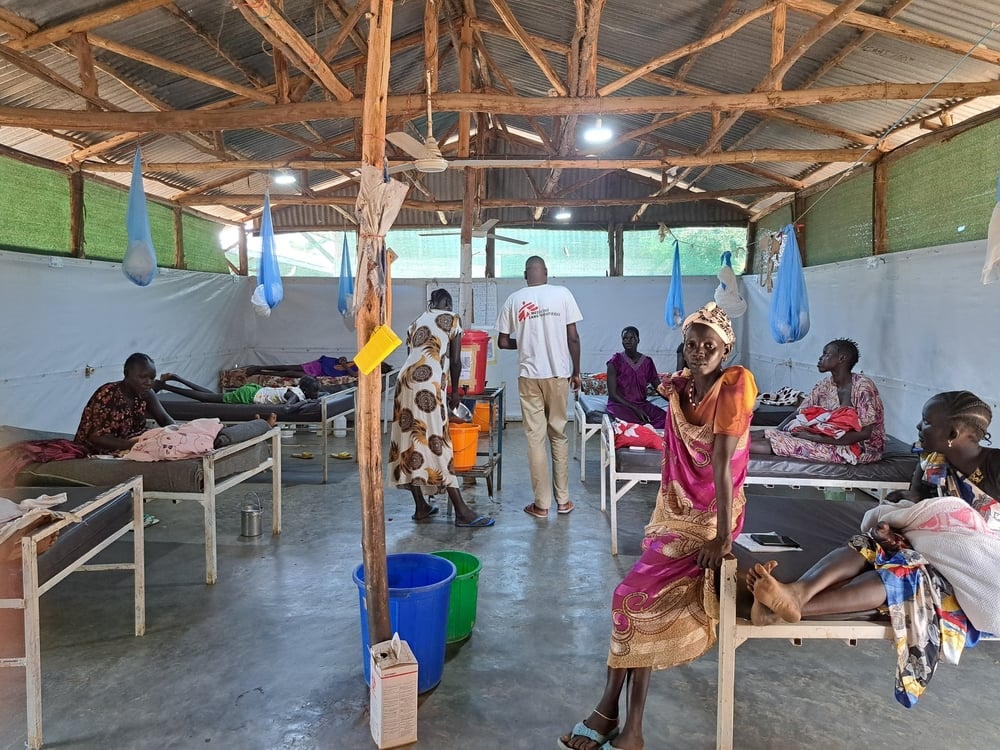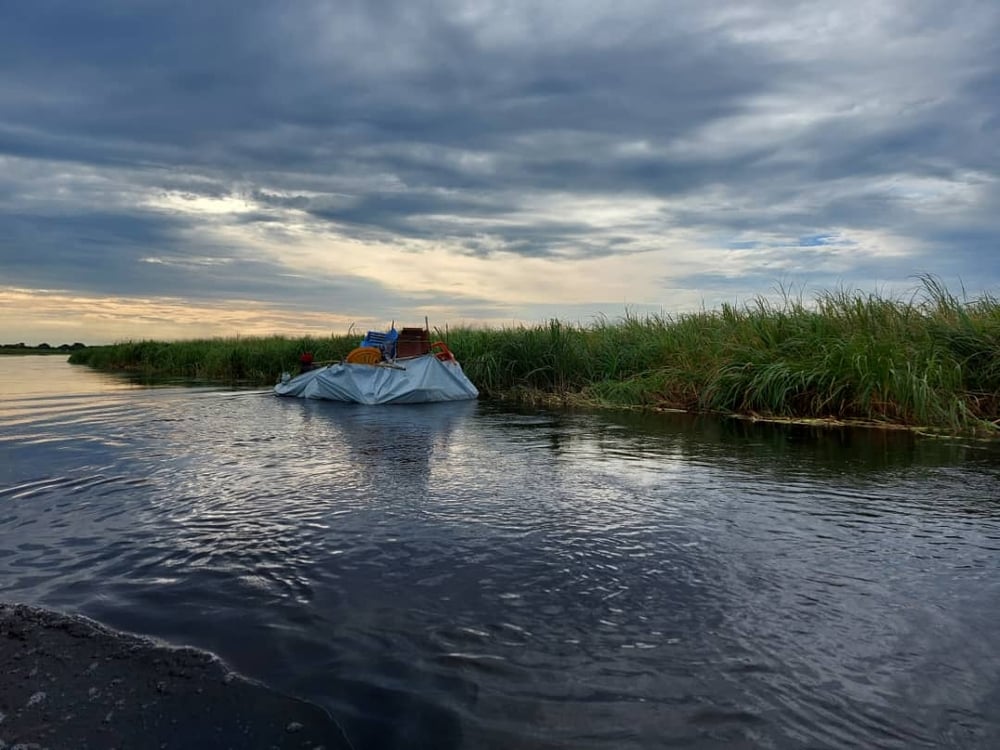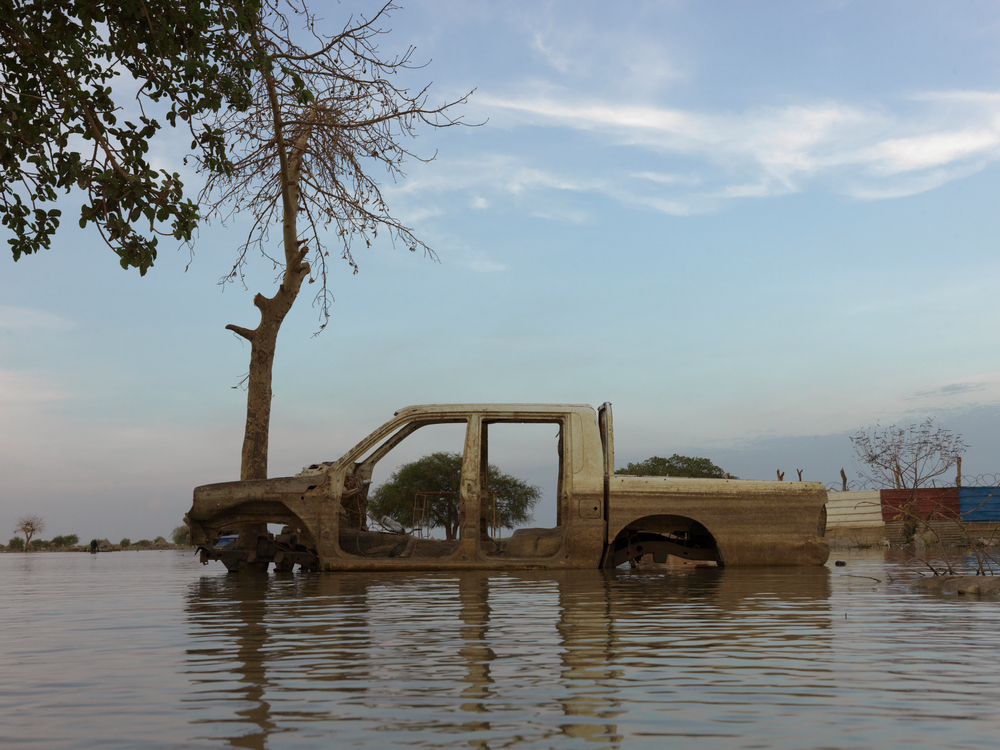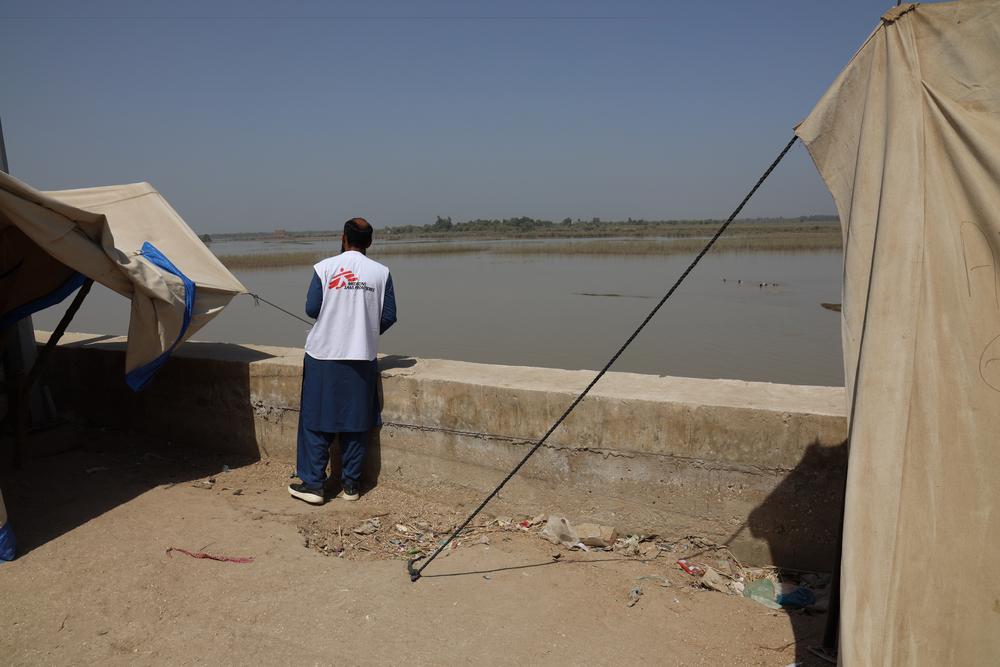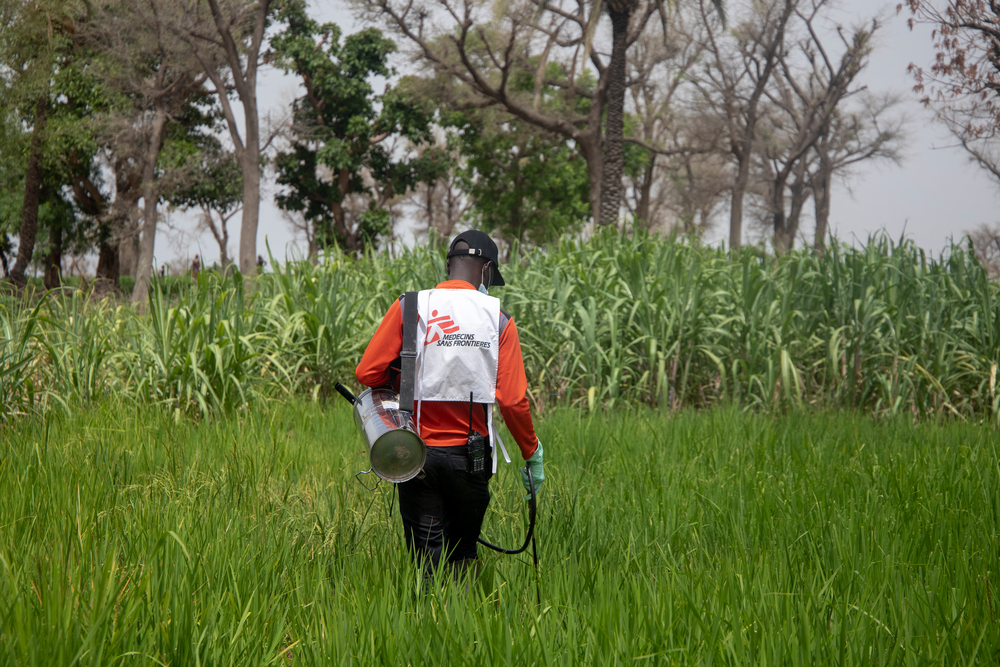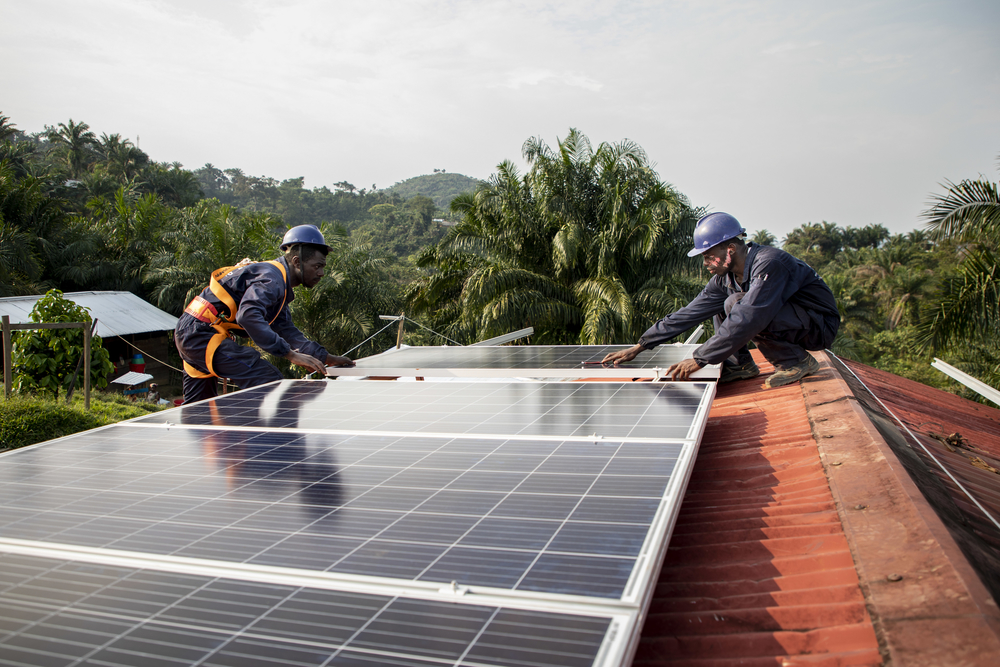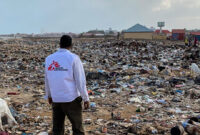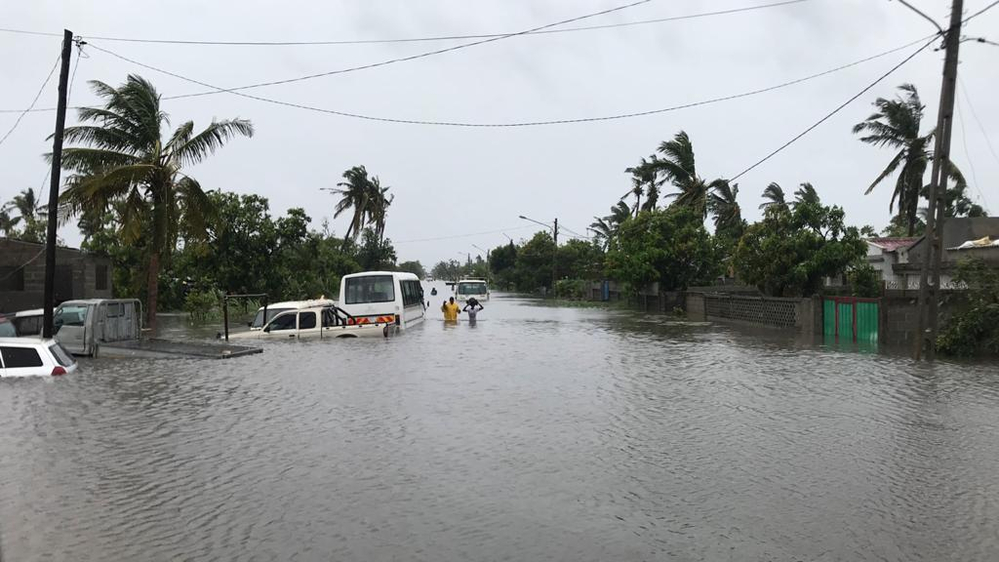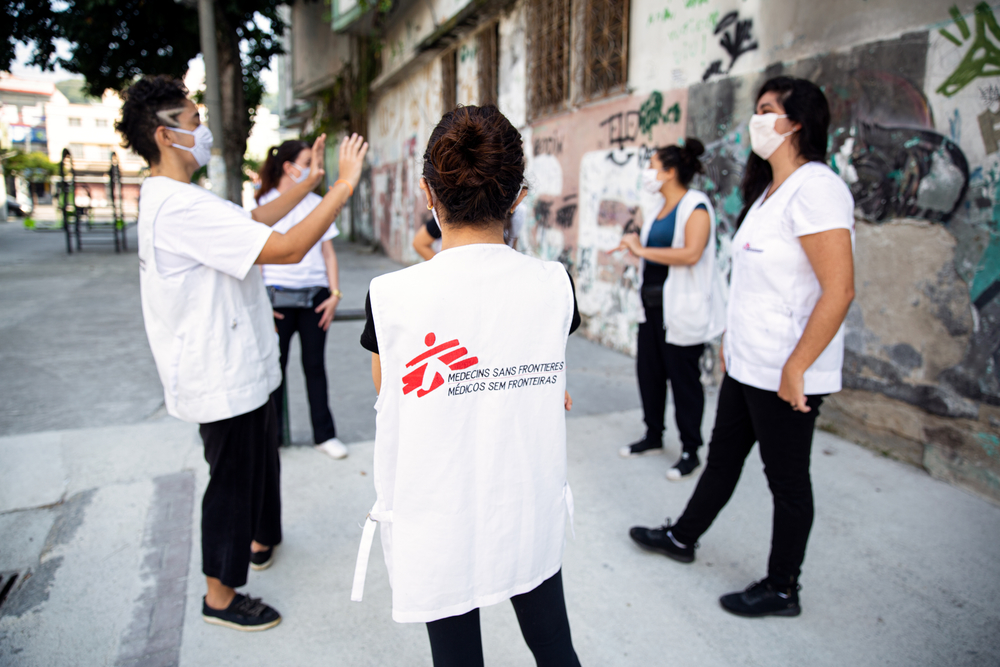Lancet Countdown: No one is immune to the climate emergency
In a new policy brief for the Lancet Countdown: Tracking Progress on Health and Climate Change 2020, Doctors Without Borders/Médecins Sans Frontières (MSF) medical humanitarian teams around the world and across multiple disciplines reflect on health and humanitarian implications in a world increasingly affected by climate change.
The policy brief is a contribution the to The Lancet Countdown 2020 report, which warns that no country, whether rich or poor, is immune from the health impacts of climate change.[i]
Through a series of country snapshots and case studies, MSF authors warn how human-caused disruptions to the environment will exacerbate existing medical and humanitarian needs, particularly in climate hot spots. The authors share first-hand perspectives on the humanitarian response to climate related migration in Bangladesh, heatwaves and heat-related illness and death in Pakistan, as well as to malaria and flooding in Niger. Other snapshots shed light on the benefits of integrating meteorological and climate anticipation in humanitarian response, and how medical teams adapted the cholera vaccination strategy in Malawi to protect a fishermen community in a lakeside area affected by climatic changes and thus particularly prone to cholera outbreaks.
The report also draws from diverse experiences to show how the dual crises of COVID-19 and climate crises are outstripping humanitarian capacity, warning how the global political response to COVID-19 also presents worrying trends – which may also unfold in the response to climate change.
Finally, the brief shares how MSF is learning to adapt health and humanitarian responses in light of climate change, as well as working to reduce the organization’s environmental footprint.
“We are a medical humanitarian organization caring for people’s lives – as such, planetary and human health cannot be disconnected as the health of a person is influenced by the environment where she/he lives. As a medic I need to care for my patient and to do so I cannot give him/her his medicine in a glass of contaminated water. Therefore, I must make all efforts to at the very least not contribute to that contamination in whatever form.” says Dr. Monica Rull, Medical Director for MSF.
